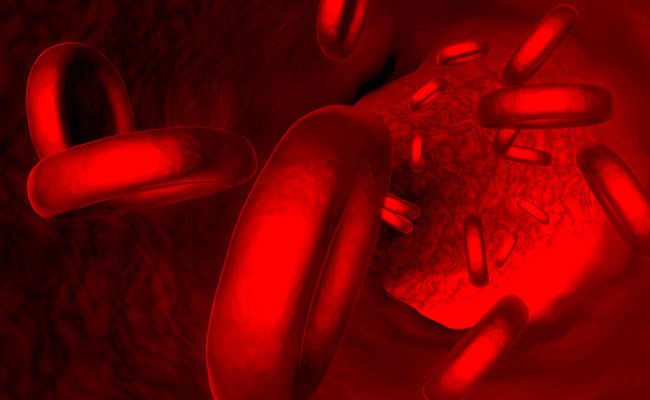
Researchers at the Indian Institute of Technology (IIT), Roorkee have identified a new function of a protein that could potentially help in treating sepsis and other inflammatory diseases caused by abnormal functions of immune cells. “Abnormal functions of immune cells are associated with many pathological conditions such as severe sepsis (blood infection) and other inflammatory diseases. During sepsis, an uncontrolled infection leads to abnormal activation and localisation of important immune cells such as neutrophils and macrophages,” said Pranita P Sarangi, Assistant Professor, Department of Biotechnology, IIT-Roorkee.
A dysfunctional immune response leads to the deposition of such cells in visceral organs such as lung, kidney and liver causing multi-organ failure and death.
Sometimes, the use of antibiotics against infections could even aggravate the condition by releasing broken components of bacteria into the blood, which further activates our immune cells.
“Our immune system consists of varieties of white blood cells (WBCs) or leukocytes. In response to any inflammatory and infectious stimulus, leukocytes travelling in the blood vessels, immediately respond by migrating to the affected site. “While exiting the blood vessel and further travelling through the tissue spaces, activated WBCs interact with extracellular matrix proteins such as collagen, fibronectin etc,” she said.
“The immune cells bind to such proteins via their surface receptor molecules called as integrins. These cell matrix communication through integrin receptors not only provide support for migration, but also modulate various functions of the immune cells. Recently, therapeutics targeting integrins and associated molecules have been approved for clinical trials in many diseases such as cancers,” Sarangi said.
[“source=doctor.ndtv”]








